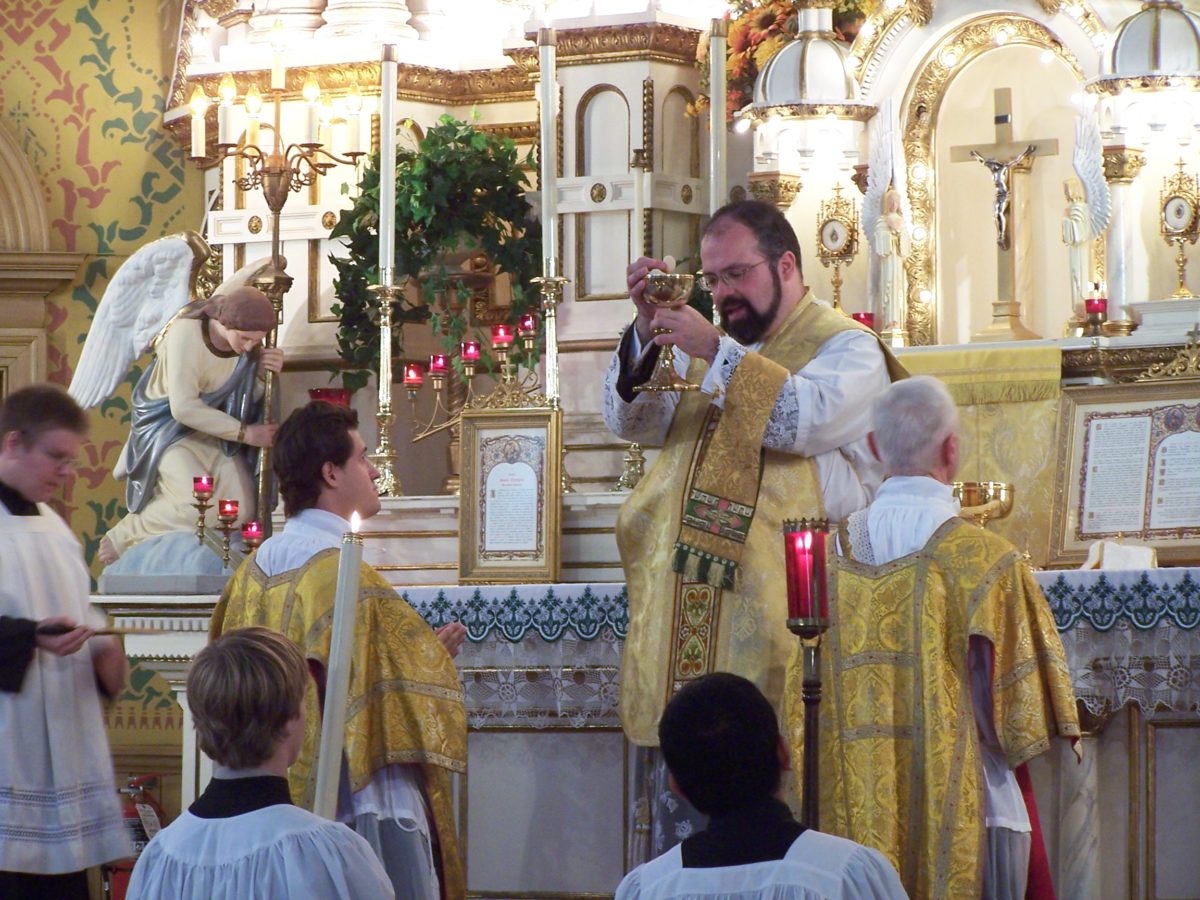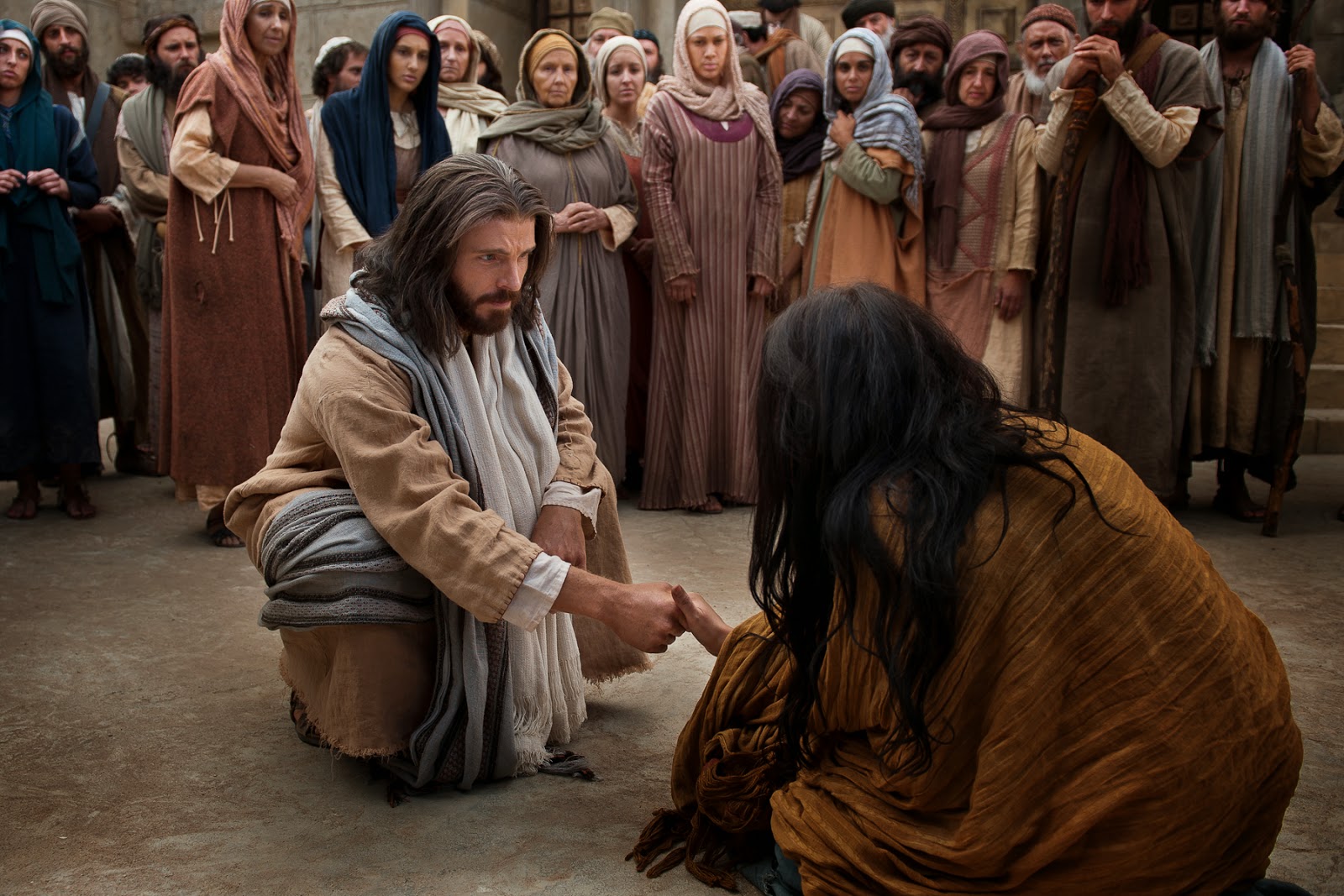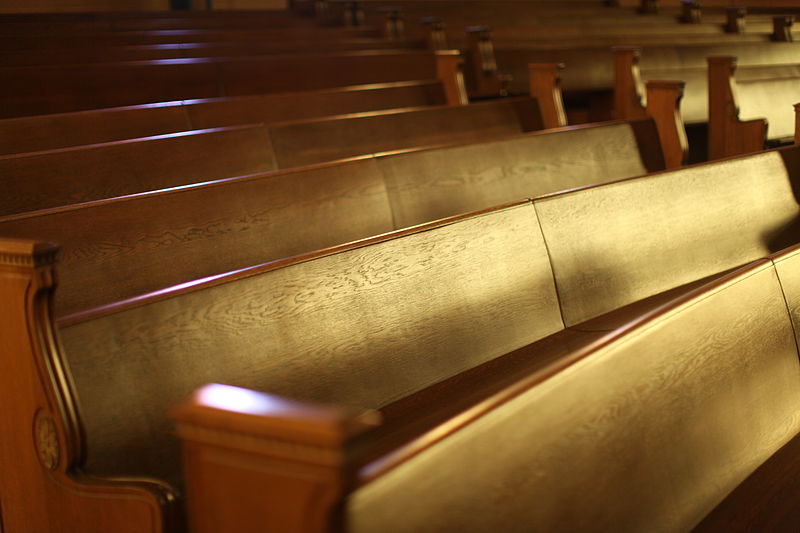With only two weeks left before Christmas, many of us are feeling that last minute pressure to finish shopping (or start it) and finalize plans. Did you get the right presents? Did you forget to send a Christman card to someone important? Will the package you ordered be delivered on time? There are so many questions and concerns spinning around in our heads right now. And that is why it’s the perfect time to stop and engage in some contemplative prayer.
In my recent presentation, I emphasized how the Rosary is a meditative and contemplative prayer. And this makes sense given its origin — our Mother Mary. In the Gospel, Mary is a woman of few words. Instead, she is always listening and observing what Jesus is saying and doing. In so many instances, the Gospel talks about how she keeps things in her heart. She is humble and reserved taking the role as God’s servant. She is the paradigm of contemplative behavior. And likewise, her gift to us, the Rosary, is modeled after her contemplative nature.
Here are some examples of how you can use contemplative prayer to great effect. This Advent, in addition to a morning Rosary prayer, I’ve taken up reading from a daily prayer and reflection book. By front-loading my day with prayer and scripture, I have plenty to think about and meditate on when I find some quiet downtime throughout my day. Jonathan B. Coe, in his article on Catholic Exchange, calls the combination of scripture and Rosary prayer a “contemplative canvas that renews the mind and facilitates an open-handed generosity in life.” If your day is a blank canvas, how are you painting it? And you filling it with holy thoughts and actions fueled by the Gospel and Rosary?
One of the Advent reflections I read stressed the importance of silence and clearing your mind of all the holiday distractions. Remember, Jesus’ birth wasn’t a grand event in the physical sense. It was a quiet one that took place in a stable or cave in some small, out of the way village. And even today, the commercial grandeur of Christmas drowns out the whisper-like presence of Jesus’ birthday. It is only in the stillness of meditative prayer that we block out the noisy world to truly appreciate the heart of Christmas.
 Lastly, I recently finished reading a biography on Saint Dominic, through whom Mary gave the world the Rosary. He traveled throughout Europe in his life. And wherever he went, when he had free time, he visited a church or cathedral and prayed. That routine of filling part of the day in contemplative prayer can be said of any number of saints. God desires all of us to saintlike behavior as that is the quickest means to internal happiness in His kingdom. And so, maybe we should take a cue from the saints and also fill some of our lives with meditative prayer. For example, after I drop off my son at school, I stop by the church to sit quietly and pray. Maybe you can find time to attend Adoration of the Blessed Sacrament. Try attending a weekday Mass or just sit quietly in a Church for a few minutes. Or maybe, just lay still in bed when you wake up and spend a few minutes in prayer before starting your day.
Lastly, I recently finished reading a biography on Saint Dominic, through whom Mary gave the world the Rosary. He traveled throughout Europe in his life. And wherever he went, when he had free time, he visited a church or cathedral and prayed. That routine of filling part of the day in contemplative prayer can be said of any number of saints. God desires all of us to saintlike behavior as that is the quickest means to internal happiness in His kingdom. And so, maybe we should take a cue from the saints and also fill some of our lives with meditative prayer. For example, after I drop off my son at school, I stop by the church to sit quietly and pray. Maybe you can find time to attend Adoration of the Blessed Sacrament. Try attending a weekday Mass or just sit quietly in a Church for a few minutes. Or maybe, just lay still in bed when you wake up and spend a few minutes in prayer before starting your day.
Think about Mary’s contemplative behavior in the Joyful Mysteries of the Rosary. When the shepherds came to Jesus talking about angels announcing His birth, Mary treasured up all these things and pondered them in her heart. (Luke 2:19). Upon finding Jesus in the temple and hearing Him say that he needed to be in His Father’s house, she treasured all these things in her heart (Luke 2:51). Are you talking regularly with God through prayer and treasuring His response in your heart?
[amazon asin=0898705185,1167214242,1500833088,0898701406,1944418482&text=Amazon&template=carousel]


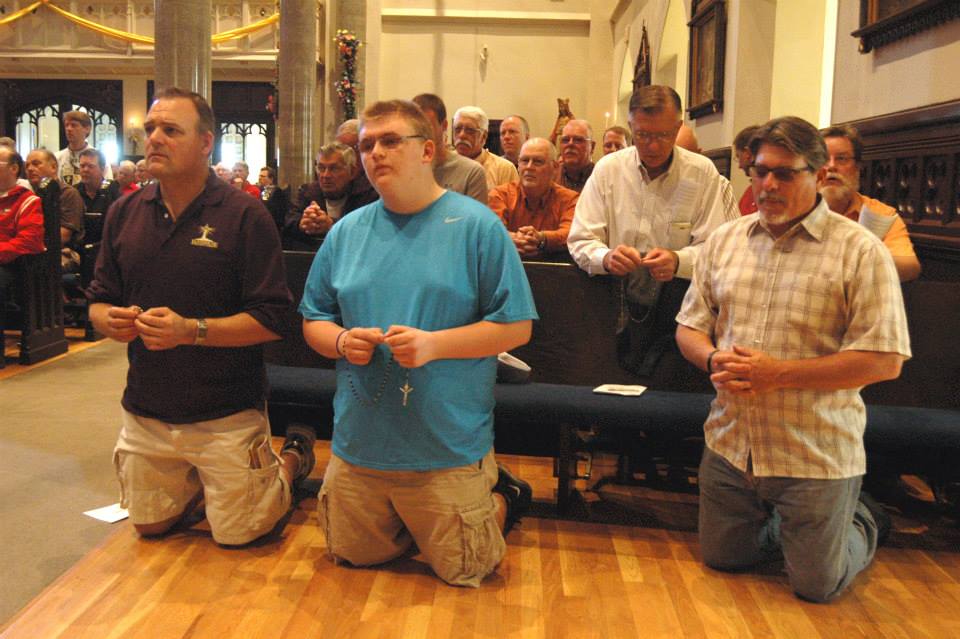
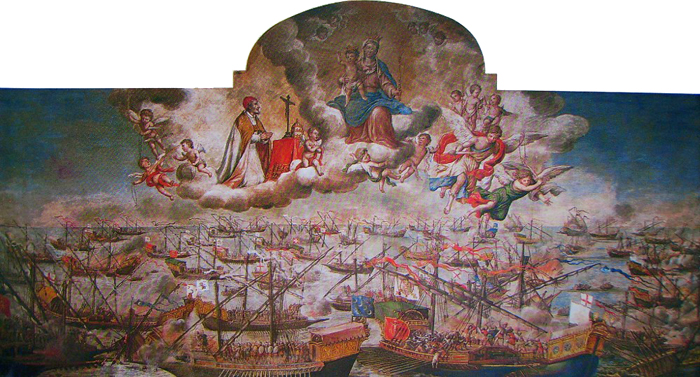

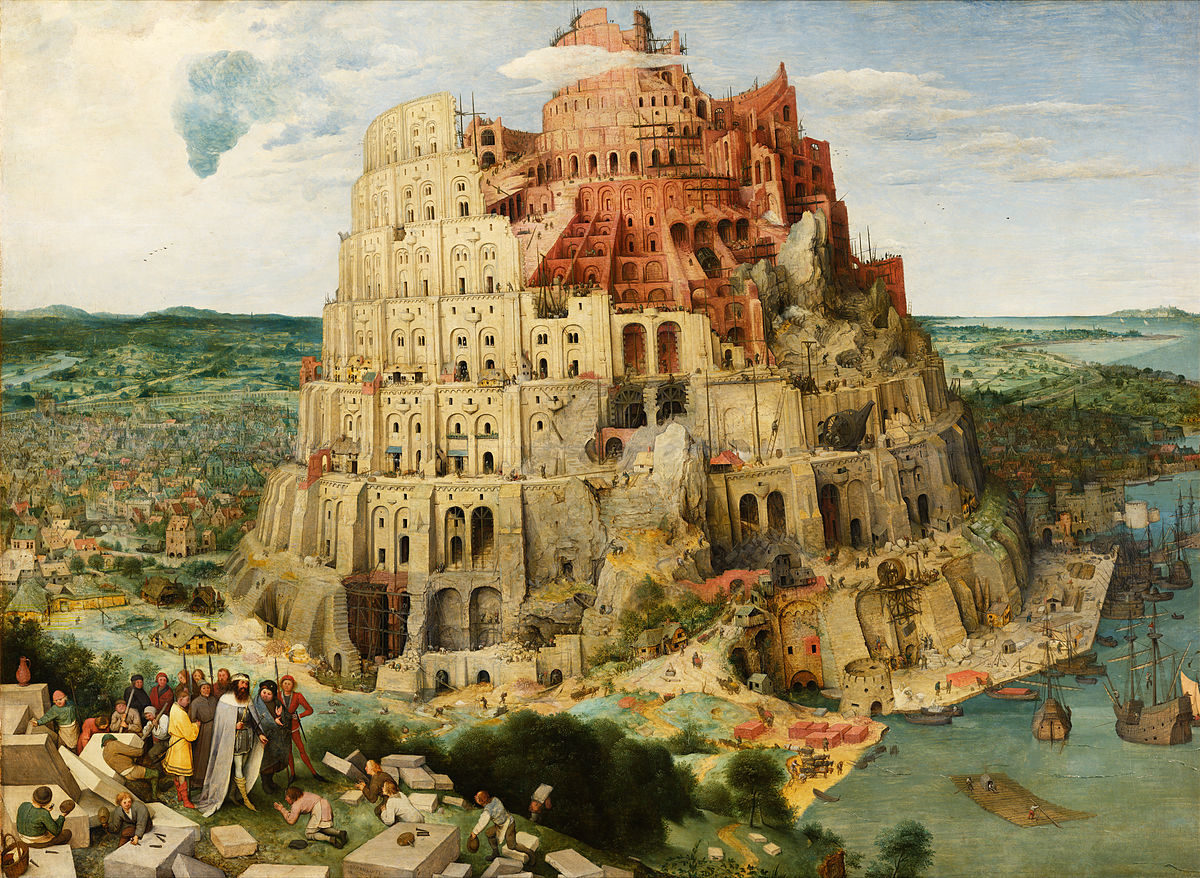





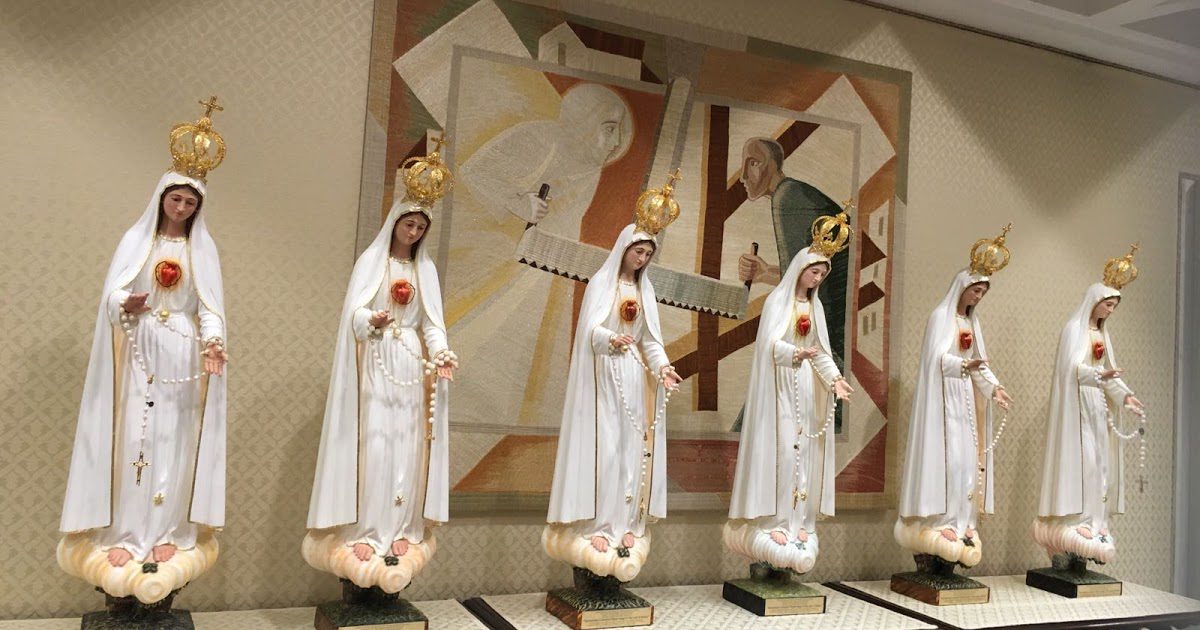
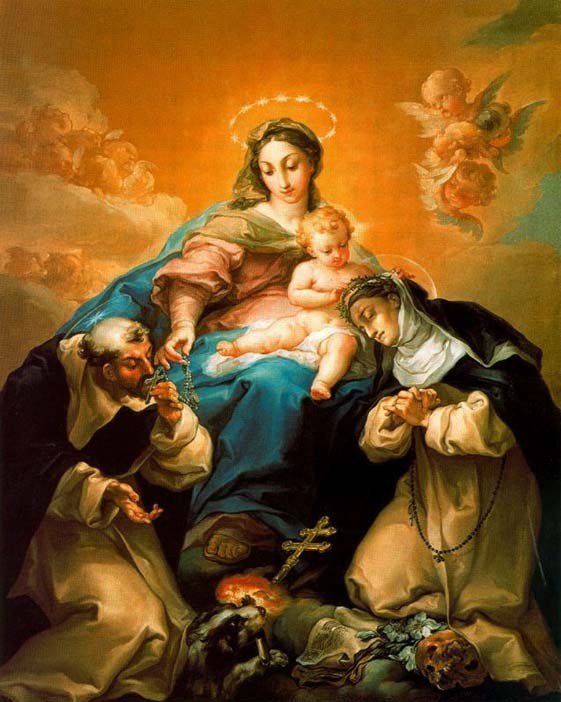


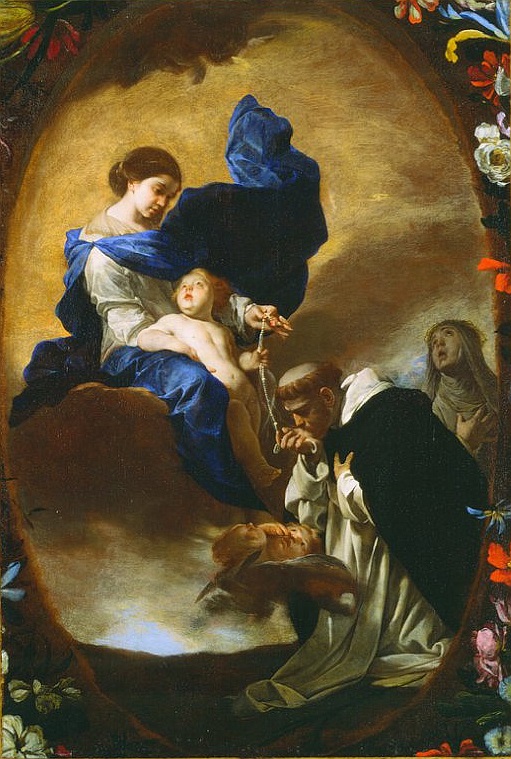 A Spiritual Banquet
A Spiritual Banquet